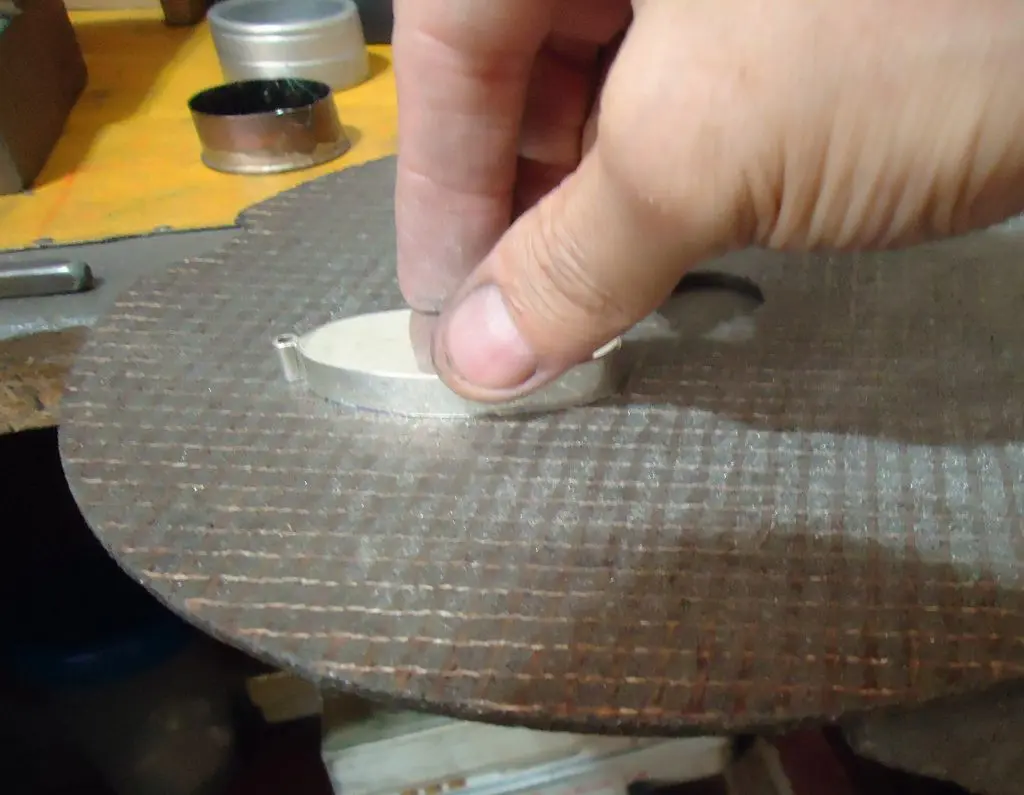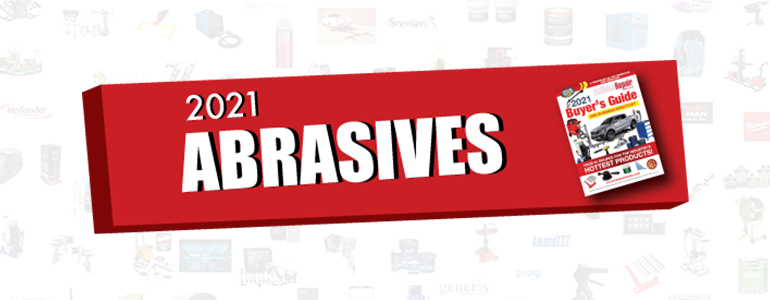THE NITTY-GRITTY
AS VEHICLE MATERIALS GO HIGH-TECH, ABRASIVES HAVE GONE THROUGH A MAJOR OVERHAUL


To those outside the collision repair industry, it may seem strange to imagine scientists in research laboratories around the globe working on the next game-changing abrasive materials. After a century of making vehicles in, more or less, the same way, auto manufacturers have spent the past decade making drastic changes to how vehicles are made.
As automobiles become more complex, so do the materials used in their construction. And with the proliferation of materials like aluminum, super polymers, high-strength steel alloys, and carbon fibre, there is need for abrasives that can deal with the properties of these new materials.
If not for those scientists, the collision industry would never be able to keep up. In recent years, the science of abrasives has undergone a transformation as impressive as the science of automobile design, but the impact of these revolutionary advances can only be seen under a microscope.
If you have the chance—and a microscope—find an old, long-forgotten roll of sandpaper, and compare it to a new one. You will see two completely different things. One will be a jagged mountain range of quartz sand stuck into a thin adhesive layer. The other will be a single, solid strip of precision engineered carbon domes, just spongy enough to accommodate metallic ripples while carving away even the hardest lacquers.
There is no doubt that, in this age of abrasive advancements, deciding which products will serve the needs of your business is a difficult task. While some brands offer obvious advantages, such as making it easier to reach certain surfaces or use in tight spaces; deciding whether to pay the premium for these advantages is a decision that only a true industry expert can make for his or her business.
A glance through the abrasives products should help to smooth out the decision-making process.



















